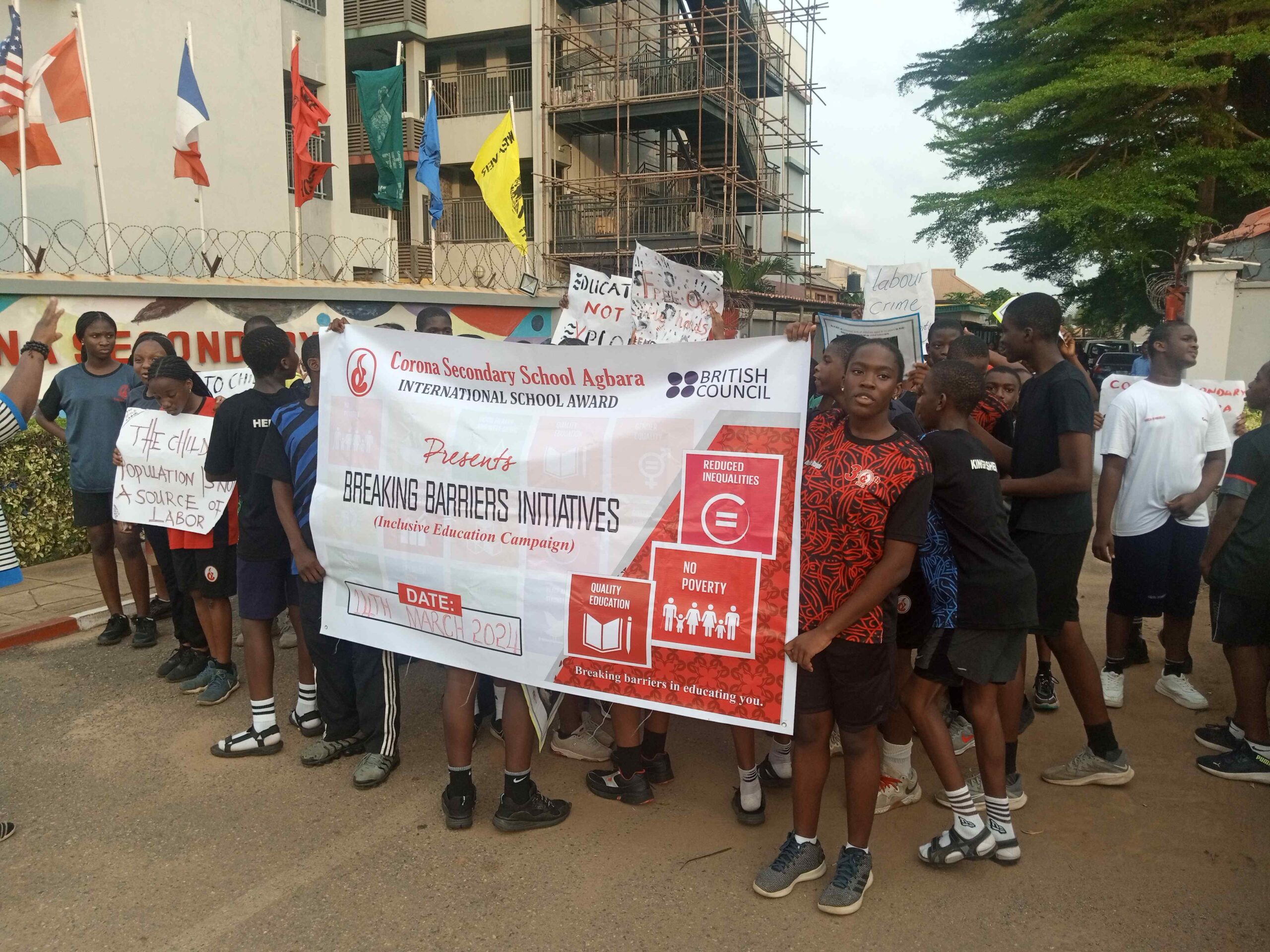Activity Period:
October 8, 2023 – June 16, 2024
Relevant SDG(s):
1. SDG 1 – No Poverty aims to eradicate extreme poverty, defined as living on less than $1.25 a day, for all people everywhere by 2030. This goal encompasses not only economic poverty but also multidimensional poverty, which includes lack of access to basic services such as education, healthcare, and clean water.
2. SDG 4 – Quality Education aims to provide inclusive and equitable quality education at all levels, from pre-primary to tertiary education. It emphasizes the need for lifelong learning opportunities and the acquisition of knowledge and skills necessary to promote sustainable development.
3. SDG 10 –Reduced Inequalities focuses on reducing inequalities of income, as well as those based on age, sex, disability, race, ethnicity, origin, religion, or economic or other status. It addresses both domestic and international inequalities, emphasizing the need for policies that promote social, economic, and political inclusion.
Subject areas covered by this Activity: Christian Religious Studies, Social Studies, Civic Education
Classes that participated in this Activity: Year 11
Number of students that participated in this Activity: 74 students
Teacher Responsible: Mr Abiola Adesunloye
Other Teachers: Ms. Andikan Bassey, Mr. Oluwaseun Dare.
Description of Activity:
Students conducted a need assessment test in Nigeria and Benin Republic to identify potential enrollees, specifically targeting less privileged children within the community who would greatly benefit from the programme. This process involved gathering information on the children’s backgrounds, status and needs to ensure that the support provided would have a meaningful impact.
To secure the necessary funds for the programme, students organized a series of fundraising events. These events were designed to engage the community and raise awareness about the cause. In addition to reaching out to local businesses and organizations for support, students also sought contributions from their families and friends. The combined efforts of these fundraising activities aimed to generate sufficient resources to support the identified children and ensure the successful implementation of the programme.
Aims of Activity:
1. To assist in promoting educational opportunities, alleviating poverty and community development.
2. To equip students with project planning and execution skills.
3. To foster community engagement through creation of awareness.
Outcomes:
- Identification of prospective enrollees: based on their academic performance and recommendations from the Bales of Mercy Orphanage Home, our students selected students who need additional support within the community and who fulfil other eligibility requirements as determined by the students’ representatives.
- Successful fundraising: Students effectively organized and executed fundraising programs, garnering support from family, friends, and the community to secure the necessary funds for the programme.
- Increased school and community awareness and involvement: The activity raised awareness within the community about the challenges faced by less privileged children and encouraged community members to actively participate in supporting the initiative.
- Programme implementation: On Thursday, 13th June 2024, the students’ representative presented a cheque to the beneficiaries. beneficiaries were presented with a cheque.
Impact of this Activity:
The activity had a significant impact by improving the quality of life for those learners who are academically exceptional but require additional support. This enhanced community awareness and cohesion and fostered educational and social development. It assisted the community to improve resilience and social equity. Overall, the initiative exemplified how student-led efforts can effectively bring about positive change and inspire ongoing support for vulnerable groups.
Follow-up Plans for this Activity:
1. Monitoring: Ongoing evaluation tracked the progress of supported children and assessed the effectiveness of the programme.
2. Community Engagement: Continued efforts sustained community awareness and involvement through regular updates and communication.
3. Sustainability Plans: The current Year 11 students will hand-over to the next Year 11 students in September 2024. This is to secure long-term support, including exploring funding options and forming partnerships in addition to the practice of demonstrating compassion for humanity among our learners.
4. Learning and Adaptation: Lessons learned will be used as a guide for future initiatives, focusing on improving implementation and addressing challenges in the community.

